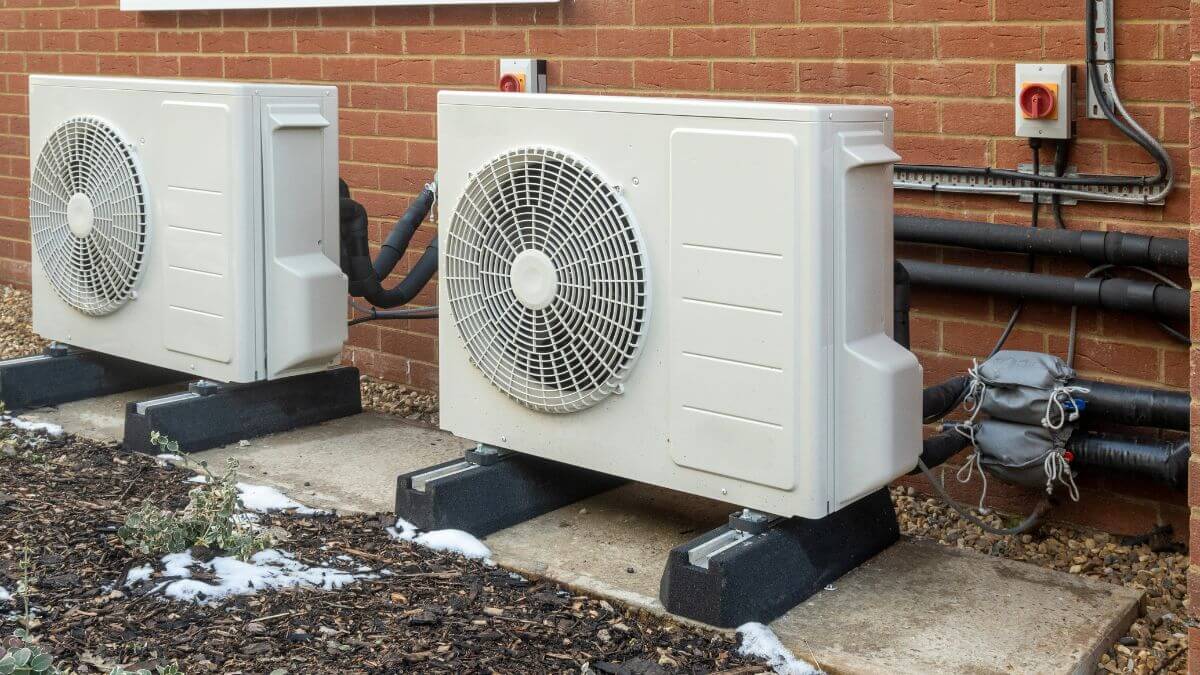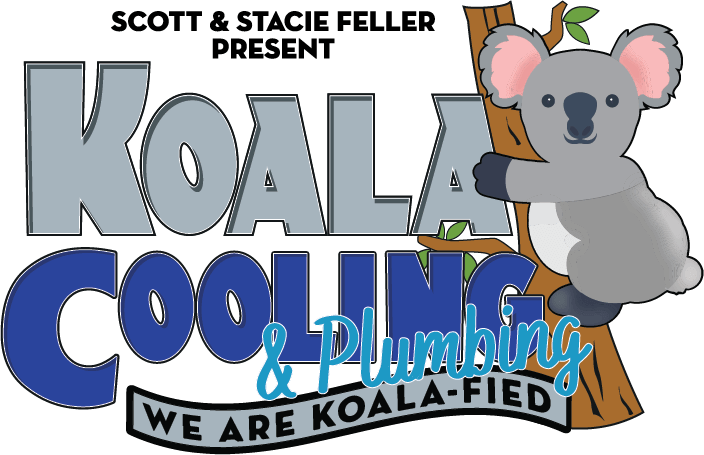If you’re exploring ways to heat and cool your home efficiently, you’ve probably heard about heat pumps. Unlike traditional HVAC systems that burn fuel to create heat, a heat pump simply moves heat from one place to another. That simple concept makes them one of the most energy-efficient options available.
For homeowners, understanding the different types of heat pumps can help you choose the right system for your home, budget, and long-term comfort. Some systems work best in mild climates, while others shine in larger or more complex installations. Knowing what’s available helps you make a confident, informed decision before investing.
How Heat Pumps Work (Quick Refresher)

At their core, heat pumps rely on heat transfer rather than heat generation. In heating mode, the system extracts heat from the outside air, ground, or water source and moves it indoors. When cooling is needed, the process reverses: it pulls heat from inside and releases it outdoors.
The main components include a compressor, condenser, evaporator, and refrigerant. These parts work in a continuous loop to keep your home comfortable. Because they move heat instead of producing it, they use far less energy than furnaces or electric resistance heating. This design makes them an efficient, all-in-one solution for both heating and cooling.
Air-Source Heat Pumps (ASHP)
Air-source heat pumps are the most common type found in homes today. They transfer heat between indoor and outdoor air using refrigerant lines and a reversing valve to switch between heating and cooling modes.
There are two main types: ducted systems that connect to existing ductwork and ductless mini-splits that serve individual rooms or zones. In a climate like Central Texas, air-source units provide steady comfort most of the year, needing little supplemental heat even during colder nights.
Best for: Homeowners in moderate climates or those replacing central air systems.
Pros: High efficiency, simple installation, provides heating and cooling, works with existing ducts.
Cons: Loses efficiency in subfreezing weather, may need a backup in colder regions.
Tip: Newer cold-climate models handle lower temperatures better thanks to advanced compressor technology.
Ground-Source (Geothermal) Heat Pumps
A ground-source or geothermal heat pump uses the steady temperature of the earth to provide heating and cooling. Underground loops filled with fluid circulate between your home and the ground, transferring heat efficiently no matter the weather.
Systems can be installed with horizontal or vertical loops, depending on the space available. These systems are among the most efficient but have higher installation costs.
Best for: Homeowners planning to stay long-term and reduce energy costs.
Pros: Exceptional efficiency, quiet operation, low running costs, and long lifespan.
Cons: High upfront cost, requires yard space or drilling.
Tip: Tax credits and energy rebates can significantly offset installation costs, making geothermal systems more affordable than many expect.
Water-Source Heat Pumps
Water-source heat pumps operate like geothermal systems but use a pond, lake, or well as their heat exchange source. Because water temperatures stay relatively stable, these systems maintain strong efficiency year-round.
They’re ideal for properties with consistent water access but are less common due to site limitations.
Best for: Homes with access to a reliable water source.
Pros: Efficient, steady performance, gentle on system components.
Cons: Limited to certain properties, may require extra maintenance due to water conditions.
Tip: With proper design, water-source systems can deliver geothermal-level performance at a lower cost.
Hybrid or Dual-Fuel Heat Pumps
A hybrid (dual-fuel) system pairs an electric heat pump with a gas furnace. The system automatically switches between the two based on outdoor temperature or energy prices. This combination ensures efficient heating no matter the season.
It’s a flexible option for areas with mild winters but occasional cold snaps.
Best for: Homes in areas with fluctuating temperatures or natural gas availability.
Pros: Year-round comfort, adaptable to changing conditions, reduces overall energy use.
Cons: Slightly higher installation cost, requires both gas and electric hookups.
Tip: Ideal for homeowners wanting the comfort of gas heat with the efficiency of electric operation.
Absorption (Gas-Fired) Heat Pumps
Absorption heat pumps use natural gas, propane, or solar-heated water instead of electricity to power the heat transfer process. They rely on chemical absorption and evaporation cycles to move heat.
Though less common in single-family homes, they can be effective in larger or off-grid properties.
Best for: Homes without reliable electricity or with access to affordable natural gas.
Pros: Efficient where electricity costs are high, offers resilience in off-grid situations.
Cons: Costly installation, limited availability, fewer service providers.
Tip: A good fit for homeowners seeking energy flexibility and independence.
Choosing the Right Heat Pump for Your Home
Every home has unique factors that influence which heat pump performs best, such as square footage, insulation, ductwork, and local climate.
In Central Texas, air-source or hybrid models tend to offer the best balance of cost, comfort, and simplicity. Ground-source systems, while more expensive to install, remain the top choice for long-term efficiency and savings.
Heat Pump Comparison Chart
| Heat Pump Type | Energy Efficiency | Upfront Cost | Ideal Climate | Maintenance Level | Notes |
| Air-Source | High | Moderate | Mild to warm | Low | Widely available and reliable |
| Ground-Source | Very High | High | Any | Low | Best for long-term investment |
| Water-Source | High | Moderate to High | Mild, near water | Moderate | Requires nearby water source |
| Hybrid/Dual-Fuel | High | Moderate to High | Variable | Moderate | Combines electric and gas systems |
| Absorption | Moderate | High | Variable | Moderate | Works well off-grid or with gas supply |
When comparing options, think about how long you plan to stay in your home, how you use energy, and your comfort preferences.
A geothermal system may deliver the best return for long-term homeowners, while an air-source or hybrid unit typically fits the needs of most families in the Austin area.
Final Thoughts
Each type of heat pump offers its own advantages, from cost-effective air-source models to the unmatched efficiency of geothermal systems.
By understanding how they work and where they perform best, you can choose a system that keeps your home comfortable in every season.
Proper installation and professional guidance are key to getting the most from your investment. We can help you evaluate your options, choose the right system, and enjoy reliable comfort and energy savings for years to come. Give us a call or contact us here.
